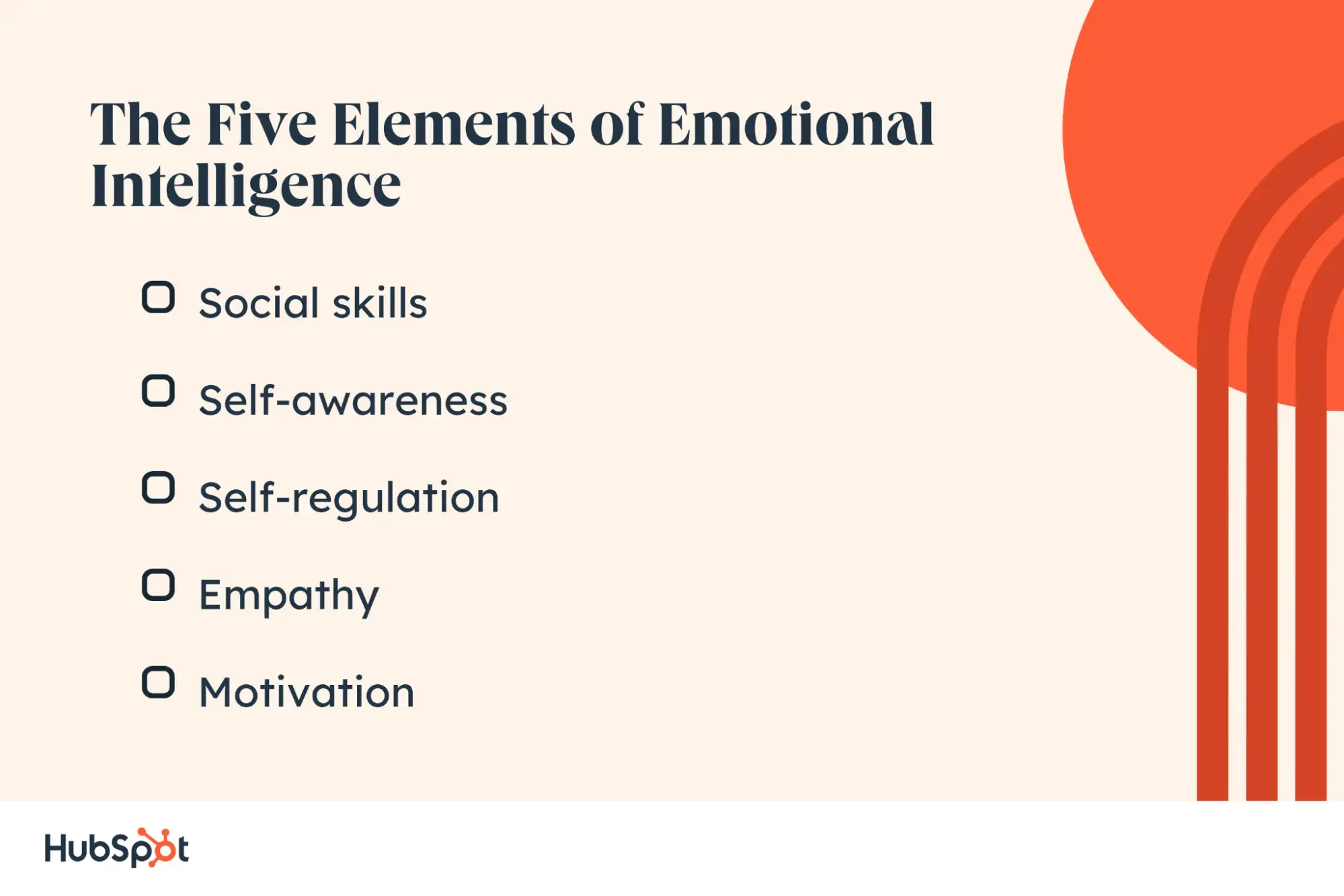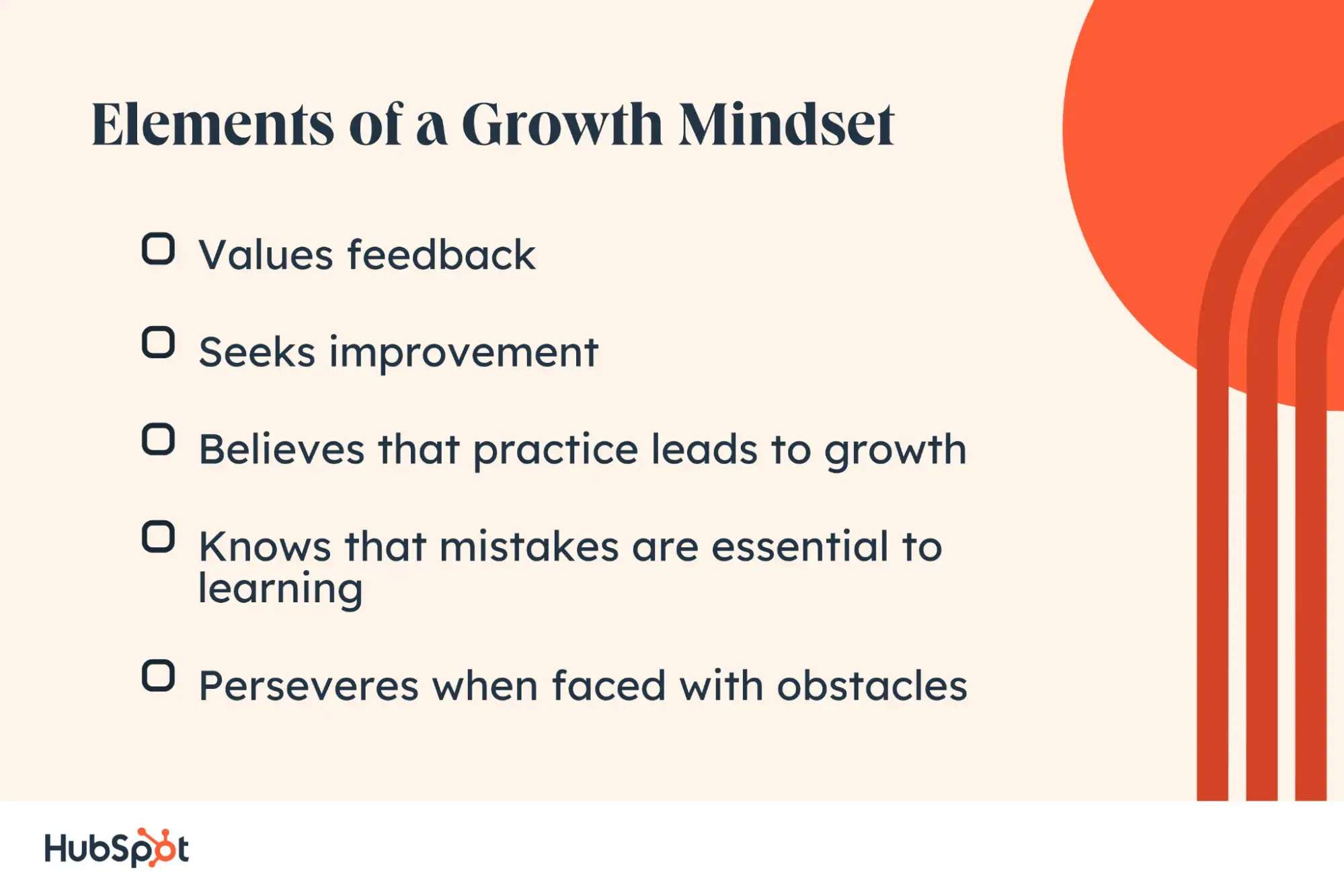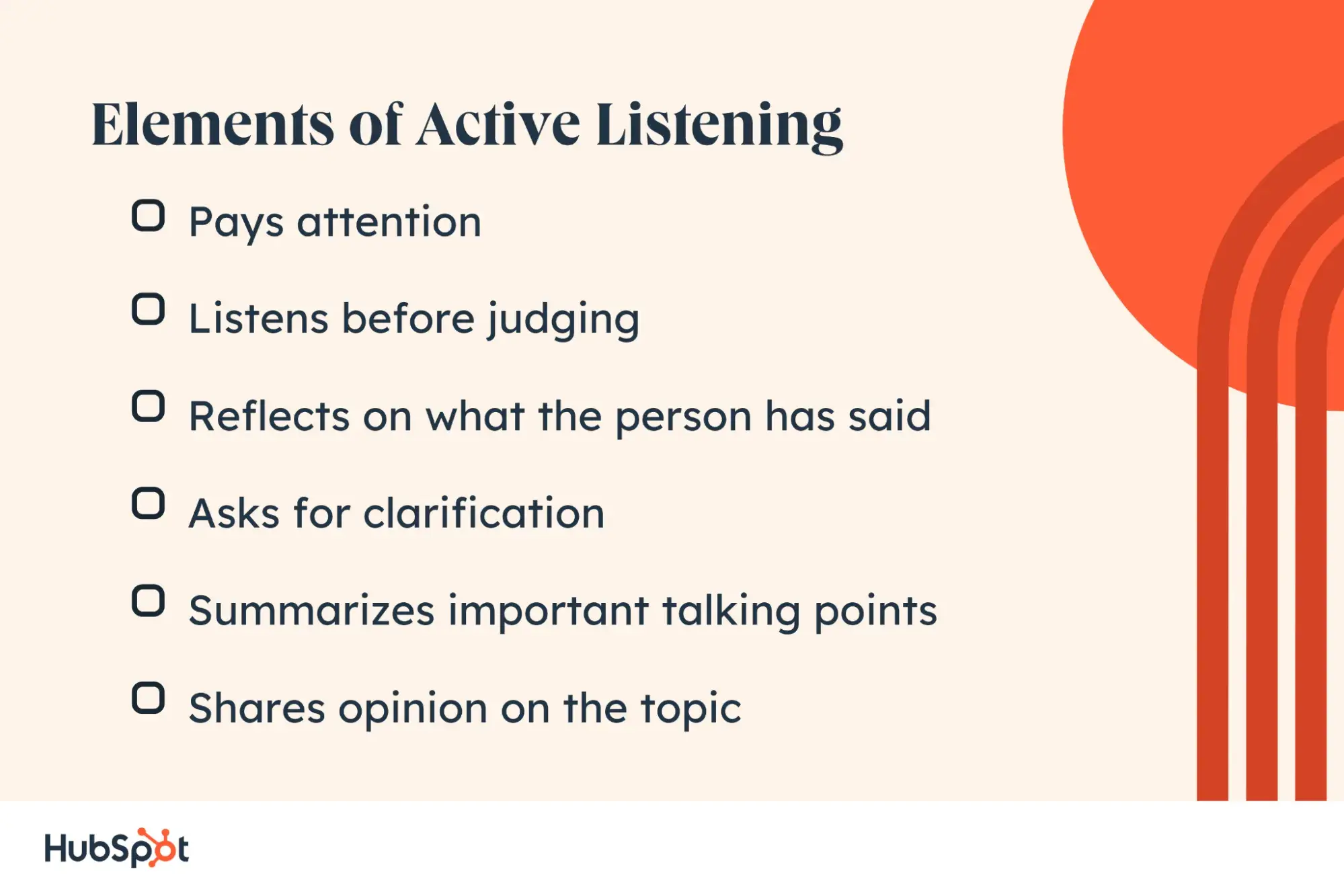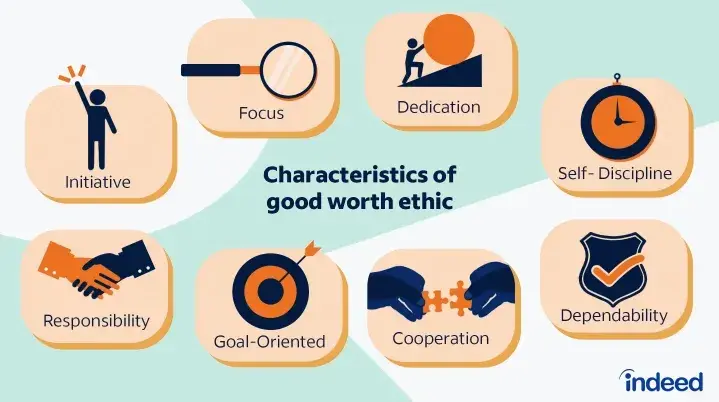I’m a former NBCUniversal Page, and I will always remember how thorough the application and interview process for the program was.
Most importantly, it taught me a valuable lesson: soft skills can be equally as — if not more coveted — than hard skills.
In my experience, soft skills development is seen as a sign of metamorphosis. While hard skills are essential, they’re also typically mandatory for a role. On the other hand, soft skills require more intrinsic motivation and long-term change.
I owe a great deal of my career growth to developing and adapting my soft skills, so read on for my best tips and practices.
Table of Contents
Soft skills can be taught, but they‘re less straightforward than more technical capabilities. Hard skills are the specific qualities that can be clearly defined, measured, and taught for success in a job.
With hard skills, I can learn advanced techniques and methods that yield measurable results. They can even be tied directly to the business’s bottom line.
But when it comes to soft skills — things like small talk, empathy, and flexibility — they‘re not an exact science. However, they’re just as impactful.
I need hard skills to land a job but soft skills to progress in my career. So, I’ve rounded up a list of the soft skills most critical to building a successful career — and how to acquire them. But first, I’ll share why soft skills matter.
Why are soft skills important?
1. They prove a readiness for a promotion.
Soft skills show a willingness to go above and beyond. My managers have always told me that, when considering direct reports for promotions, they look to individuals already displaying traits of the higher role.
As a senior coordinator at Nickelodeon, I won’t always be offered the same opportunities as a manager, senior manager, director, or beyond, which may limit my ability to develop new hard skills. However, I can practice soft skills that indicate I’m ready to tackle more work and be a people leader.
2. They demonstrate situational awareness and flexibility.
Soft skills are unlike hard skills, requiring situational awareness to know when to use which skill. For example, as a freelance blog writer, I know my hard skills include:
- Technical writing — understanding how to use correct spelling, proper grammar, and appropriate sentence structure.
- Use of digital tools — Google Docs for writing and Grammarly for editing.
- Research — operating search engines, fact-checking, and sourcing statistics and images.
I know I will always need to use those skills to write an effective blog post for HubSpot. However, I flex different soft skills when writing distinct blog posts, depending on the topic, style, length, and parameters.
3. They balance out automation.
What do we humans have to offer in comparison to generative AI? Our passion, creativity, enthusiasm, and personalization. This is why soft skills are so essential in the workplace. They humanize our work.
I spoke with Roger Lam, senior product marketing manager at LinkedIn, who agreed.
“While generative AI and other hard skills are all the rage these days, it’s becoming even more important to develop soft skills in parallel. As manual, repetitive tasks get automated by technology, workers will have more time to partner with real people on more strategic and relational work,” Lam says.
Skills like work ethic and growth mindset are inherent to being human. My passion for my work and desire to keep growing, learning, and getting results are ways I can set myself apart from AI.
4. They are a good judge of character.
Many soft skills are inherently tied to the type of person I am. While hard skills indicate talent, experience, and expertise, certain soft skills are a telltale sign that I will be a good person to have on the team.
For instance, exhibiting soft skills like emotional intelligence, collaboration, and active listening aren’t just nice-to-haves — they prove I’m here for more than just a job. I will be empathetic to my colleagues, open to working with and learning from them, and respect what they say.
I’ve most successfully adopted soft skills by observing the colleagues and leaders around me and understanding what their presence, opportunities, goals, and successes owe to soft skills.
Then, I can challenge myself to practice similar soft skills to progress.
If you’re wondering what the seven soft skills are that can progress your career, read on.
|
Soft Skill |
Main Characteristics |
Learn More |
|
Emotional Intelligence |
|
|
|
Team Player Attitude |
|
|
|
Growth Mindset |
|
Growth vs. Fixed Mindset: Nine Benefits and How To Develop One |
|
Openness to Feedback |
|
How to Process Negative Feedback Without Triggering a Stress Response [Infographic] |
|
Adaptability |
|
|
|
Active Listening |
|
|
|
Work Ethic |
|
|
|
Strong Communication |
|
Mastering Professional Communication: The Secret Ingredient of Business Success |
|
Problem-Solving |
|
7 Problem-Solving Skills Marketing Managers Need & How to Improve Them |
|
Time Management & Prioritization |
|
1. Emotional Intelligence

I will always remember one of the questions I was asked in my final NBCUniversal Page Program interview: Name a time when you showed kindness to someone in the workplace.
I had never been asked that situational question before, and it caught me off guard. However, I quickly recovered and recalled a time when I helped cover some of the work for a fellow intern struggling with her course load.
Emotional intelligence is the ability to manage one’s emotions and recognize those of others. It’s made up of five key elements:
- Social skills.
- Self-awareness.
- Self-regulation.
- Empathy.
- Motivation.
While I try to emulate these skills in my personal life, they also have significant value in the workplace and boil down to a few abilities:
- Can I recognize and regulate my emotions and reactions in the workplace?
- Can I build rapport and positive relationships with other people?
- Can I empathize with others?
While it may not seem like the most important soft skill, emotional intelligence is actually considered twice as predictive of performance as IQ.
The World Economic Forum 2023 Future of Jobs Report also ranks emotional intelligence as the number one leadership skill since businesses highly prize qualities associated with emotional intelligence.
To drive the message home, here is a quote from Britt Andreatta, CEO of Brain Aware Training.
“Emotional intelligence drives all kinds of indicators you want. There’s some research that shows when you’ve got a … high emotionally intelligent organization, you see that financial performance goes up as a result,” Andreatta says.
2. Team Player Attitude
Growing up, I was always the student who would try to take charge of a group project and offer to attribute the work to the entire group.
I always thought this proved I was a strong leader and hard worker, but it only diminished my ability to work as part of a team.
As I’ve developed in my career, I’ve realized it’s impossible to be a heads-down, solo worker if I want to use my time efficiently and effectively.
By opening myself to support from and collaborating with my amazing teammates, I alleviate some of the pressure on myself and my workload, freeing me up to take on diverse opportunities.
According to the Monster Future of Work: 2021 Outlook survey, employers selected teamwork and collaboration as the second most essential skills in candidates. This makes sense since, regardless of whether you’re an individual contributor like me or a people manager, working with other people is imperative.
Being open to other perspectives in brainstorming meetings and splitting action items on projects shows an ability to work cross-functionally for the betterment of the company.
Operations teams are at the heart of a company, ensuring all teams complete their functions seamlessly. Tools like HubSpot’s Operations Hub enable these teams to work better together even as companies grow.
A unified toolset will help them connect apps, clean and curate customer data, and automate business processes on one central CRM platform to improve team collaboration.
3. Growth Mindset

I’ve been a writer my entire life.
My primary form of writing through childhood was fantasy fiction. Into high school, I began writing more academic papers but kept writing short stories and song lyrics on the side. In college, I embraced writing poetry.
However, when I interned at the HubSpot Blog in 2018, it was my first time signing up to write professionally about real-life topics. With a growth mindset, I took this challenge head-on, rather than worrying I didn’t have the skills and experience to handle the new assignment.
According to Carol Dweck of Stanford University, people with a growth mindset believe they have the potential to continuously grow their talent and skills through perseverance, practice, and learning.
Contrarily, people with a fixed mindset believe they have a fixed amount of talent and skills that can’t be developed or adapted.
I’m the first to admit I don’t always take failure well. However, facing obstacles, challenges, and, yes, failures is an important and unavoidable part of life in any career.
How I choose to handle these situations — either by being discouraged and giving up or by seeing them as learning opportunities — can dictate to my employer whether I can handle higher-level work.
I practice this soft skill by finding situations in my personal and professional life in which I can reframe my response to a setback as optimistic and forward-thinking. Watch Dweck’s TED Talk to learn more about the growth mindset.
HubSpot’s Sales Hub allows teams to implement a growth mindset. It empowers sales teams to be more productive by equipping them with simple tools that deliver fast results and provide important context to improve customer relationships.
This allows teams to see their potential and learn new skills and processes to enhance their work.
4. Openness to Feedback
Speaking of not taking failure well, I also have trouble accepting constructive criticism. It’s not that I don’t think I’ve done anything wrong; I just feel guilty for not doing a perfect job and fixate on the negative feedback.
This has been one of the soft skills I’ve had to work the hardest on, as I know being open to receiving development feedback is critical to success at a job — especially a new one. It shows my desire to become the best team member I can be, which is an ongoing process.
Reacting defensively or with dejection is counterproductive. I always remind myself that when a manager gives me constructive feedback, it’s a good sign. It means they see my potential and want to help me get there.
I like to get ahead of feedback by regularly and directly asking for it, rather than waiting for it to come to me. This shows I’m passionate about addressing my shortcomings and improving my performance, and it makes it easier to swallow negative feedback when I’m mentally prepared for it.
5. Adaptability
Like many of us, my world turned upside down with the COVID-19 pandemic. At the time, I was in the NBCUniversal Page Program, working five to six days a week in the office. As pages, we didn’t receive work laptops, so we didn’t have an option to work remotely.
Suddenly, March 2020 happened. All pages were required to work from home for the foreseeable future. It was a shock to suddenly lose face-to-face human interaction in a program all about learning and networking.
However, we adapted to this change by setting up virtual informational interviews where we would have typically done coffee chats.
Change is inevitable, and the pandemic is a great example of a massive change that affected us all and was uncontrollable. We had no choice but to accept the change and adapt how we worked to keep businesses moving forward.
LinkedIn listed adaptability as the “top skill of the moment” in its 2024 Most In-Demand Skills report. Lam spoke to this soft skill:
“Adaptability is often considered a top soft skill, but can also influence how quickly someone adapts to technological advances, leveraging new tools to produce more effective and efficient work,” Lam says.
I find this very insightful, as it shows how soft skills can directly impact hard skills. I practice adaptability on a smaller scale by raising my hand when new opportunities arise.
However, I also exhibit adaptability on a larger scale when I weather industry-wide shifts, such as the introduction of streaming services and generative AI.
6. Active Listening

Some of the best advice I’ve ever received is to avoid multitasking during meetings. It’s easy to get carried away when the to-do list is endless, and I’m booked in back-to-back meetings.
Meetings in which I don’t have to speak or take notes can be easy places to get some work done with my camera off and microphone muted.
Unfortunately, this is the least efficient use of my time. I waste my time sitting in the meeting if I’m not paying attention, and the work I get done is usually much slower than if I were doing it without any distractions. Worst of all, it tells team members I’m not practicing active listening.
Active listening is a form of communication that aims to achieve mutual understanding between two or more parties. When I actively listen to someone, I’m not just passively hearing what the speaker says. Instead, I’m fully attentive and respond directly to their statements.
A 2024 Gitnux report on listening reveals that active listeners retain 75% more information than passive listeners. The report also shares that active listening can improve team productivity by up to 25%, sales performance by up to 30%, problem-solving efficiency by up to 40%, and team collaboration by up to 50%.
Here are some ways that I practice active listening in meetings:
- Using eye contact with meeting presenters in in-person meetings, or keeping my gaze on my meeting screen during virtual meetings.
- Minimizing all other windows in virtual meetings.
- Offering clarifying questions or responses.
- Taking meeting minutes, even if I’m not the designated note-taker.
- Referring to information from the meeting in future discussions.
Active listening is equally important when it comes to customers. Marketers want to ensure they provide valuable content to consumers, which is accomplished through actively listening to their desires. HubSpot’s Content Hub helps teams create a more memorable customer experience.
It offers tools to craft personalized content that speaks directly to audience needs and drives more engagement. With analytics and unified CRM data, Content Hub optimizes content to ensure it resonates with audiences and shows them your company is attentive to their needs.
7. Work Ethic

I’ve often been told that I need to do the work of the title I want if I want to be considered for a promotion. This may seem unfair. Why am I doing extra work if I’m not being paid for it or given the title deserving of it?
A strong work ethic shows a willingness to go the extra mile to complete a job well.
People with strong work ethics will put in the time to gain new hard skills to better their work. This is why I’m told to do the work of the job I want.
After all, how can my manager trust I can handle the increased workload and time commitment unless I’m already proving I can?
According to ADP’s People at Work 2024 report, work ethic is the top skill employers want in new hires. They understand hard skills can be taught but soft skills like a strong work ethic are harder to find. Those with strong work ethic tend to produce higher-quality work and have more job satisfaction.
I practice this soft skill by carefully considering each assigned project and task.
There’s often a way to do the minimum work and get the job done. While there’s a time and place for this (sometimes tasks need to be prioritized), I often look for a way to complete the task by going above and beyond.
That can involve doing extra research or design work for a slide presentation or pulling additional insights and analytics after a social media campaign.
Whatever it may be, it will signal to your manager that you take your work seriously and consider you for more growth opportunities.
Additional Soft Skills to Nurture
While the seven soft skills listed above are pivotal to growth in any career, the list doesn’t end there. Read on for more soft skills I’ve found incredibly valuable in my current and past roles.
8. Strong Communication
Communication is an extension of several soft skills listed above.
For instance, being a great team player typically involves communicating well with everyone. Good communication can benefit emotional intelligence and empathy.
However, communication skills can have even more depth.
Consider verbal versus written communication. Of course, I’m a freelance writer, so written communication is essential to my role. But, even in non-writing roles, communicating eloquently, respectfully, and concisely in emails and over chat is imperative.
One of the hardest skills I learned was using written communication to sound assertive while remaining polite.
According to MIT Sloan Management Review, oral and written communication skills are among the five most sought-after skills in new hires. Employers want individuals who can effectively convey ideas and information.
I especially find this important when communicating with people of different levels. I would share ideas with a close colleague very differently than with a C-level executive.
While strong communication is important in the workplace, it’s just as important outside. Communicating well with customers, external agencies, and partners shows an ability to read the room, bond with others, and convey information appropriately based on the audience.
A great way I practice improving my communication skills is by thinking of a piece of information I need to relay. Then, I rehearse sharing it with different audiences, both verbally and in writing. As always, confidence is key!
9. Problem-Solving
Problems arise, and my instinct is often to panic. Unfortunately, that’s not the best to handle those situations, so problem-solving is a skill I’ve nurtured over the years in my career.
This is an important soft skill as it shows an ability to make conclusions under duress. Analyzing a situation, identifying potential solutions, and selecting the best course of action show an ability to use logic and make informed decisions, whether or not the problem requires an urgent fix.
Problem-solving also exercises creativity and innovation. I’m a big ideas person, but as a lower-title individual in my workplace, I rarely have the chance to make big decisions. However, when problems arise in my environment, I get to step up and think of out-of-the-box, innovative solutions.
For instance, my team recently drafted a script for a talent shoot. However, with too many talent needs during the short time, our script got rejected. Instead of accepting the failure, I offered to cut down the script significantly, which involved rethinking the production needs.
My team ended up loving the idea, and the script was approved.
The most important parts of problem-solving are remaining calm, using critical thinking to analyze the situation, coming up with one or more solutions, and suggesting them confidently (or making the decision, if that is your responsibility!).
HubSpot’s Service Hub is a perfect example of a tool that empowers teams to problem-solve. It delivers support at scale with AI-powered self-service, an omni-channel help desk, and 24/7 availability.
Customer service teams can then provide personalized experiences and eliminate unnecessary manual processes to focus on innovative, seamless solutions for customers.
10. Time Management & Prioritization
In a previous role, I worked 10 to 12 hours a day. I became used to this schedule and felt I couldn’t complete my work in less time. Then, I challenged myself to finish working in eight hours. Whatever was left over could wait until the next day.
I quickly adapted to this new schedule and realized I could get most, if not all, of my urgent work done daily in eight hours.
This was a powerful lesson on time management and prioritization.
I can always find ways to fill up my time. By reducing the hours I allowed myself to work, I found myself more productive during those hours by adopting better time management methods.
That included blocking off time on my calendar to work on projects and prioritizing tasks based on urgency and deadline.
Timewatch’s research on time management in 2022 revealed that 90% of people believe better time management would increase productivity, and 86% say it would improve focus on work.
Personally, time management has aided me in accomplishing more at work with less time and effort, reducing stress, and improving my work-life balance.
This also has shown my managers that I’m being efficient with my time. They can trust that I’m working during working hours and will get my work done correctly and by the due date, proving an ability to continue to manage my time if promoted.
With AI-based marketing tools, HubSpot’s Marketing Hub encourages time management and prioritization by personalizing messaging and automating campaigns. Tools like this help me prioritize creative, thoughtful, strategic tasks that require my time and let automation handle the busy work.
Prove Your Potential with Soft Skills
Experience and skill can get me a role, but soft skills can get me a promotion.
I’ve always viewed soft skills as the cherry on top but learned that they are the building blocks necessary to make a job more enjoyable and worthwhile, create and maintain professional relationships, and prove an enthusiasm and capability for growth.
What weaves all of these soft skills together is a positive attitude. It might sound cheesy, but believing that there’s a positive outcome in any challenging situation helps me navigate the day-to-day of my job and work better with my team.
While soft skills are harder to learn and teach, there is immense payoff in both personal and professional life. My next goal will be evaluating the soft skills I’ve not yet mastered and practicing them until they become second nature.
Editor’s note: This post was originally published in November 2017 and has been updated for comprehensiveness.
![]()


Recent Comments